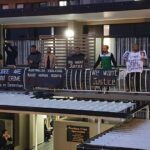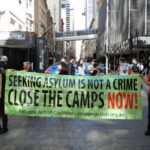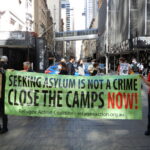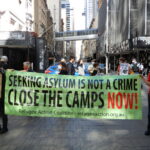Medevac Refugees Hunger Strike Over Slow Torture of Indefinite Detention
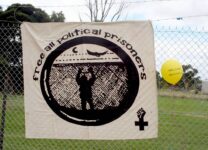
Fourteen Medevac refugees currently detained in the Melbourne Immigration Detention Accommodation (MITA) facility commenced a hunger strike on 17 June. Eleven are currently refusing to eat in the centre, while three are hospitalised.
Over the eleven days of the action, six hunger strikers have been evacuated to hospital. Three have been returned to MITA to continue their strike, two are still receiving treatment four days in, while one man remains in hospital after seven days.
These detainees are part of the 180-odd refugees and asylum seekers brought to Australia from long-term detention on Manus and Nauru in 2019, under the now repealed Medevac laws.
The majority were then held in hotels referred to as alternative places of detention, where they weren’t provided with adequate treatment.
In December last year, the government released a handful of these refugees into the community. And by February, around a two-thirds had been released.
However, those remaining have been left to stew in detention after watching one hundred of their counterparts leave, without any stated reasons given as to why they specifically remain.
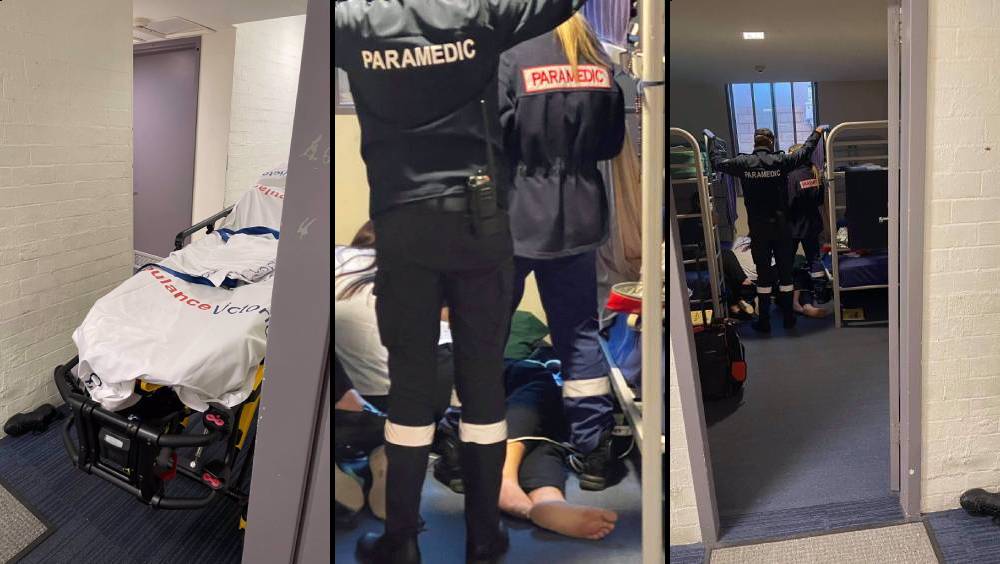
Indefinite detention in law
“It’s a desperate cry for help from people who have been told to go back to Nauru or stay in detention forever,” explained Refugee Action Collective (Victoria) member Chris Breen, “Border Force have said that explicitly to some people.”
“They haven’t all come from Nauru,” he continued. “People from Papua New Guinea can’t be sent there at the moment. They have looked into sending them to Nauru, but nobody is being sent anywhere right now.”
The refugee rights activist explained that the hunger strike is happening against the backdrop of the release of their fellow Medevac refugees, as well as the government and the High Court having recently reinforced that indefinite immigration detention is lawful.
The Morrison government amended the Migration Act 1958 (Cth) in late May to patch up a legal loophole that suggested indefinite detention wasn’t permitted, while the High Court ruled last week that under the Act and the Constitution, indefinite administrative detention is allowed.
“Under these circumstances, people are asking, ‘What is the difference between us and the people who have been released? Will we ever get out?’” Breen told Sydney Criminal Lawyers. “It’s a desperate cry for help.”
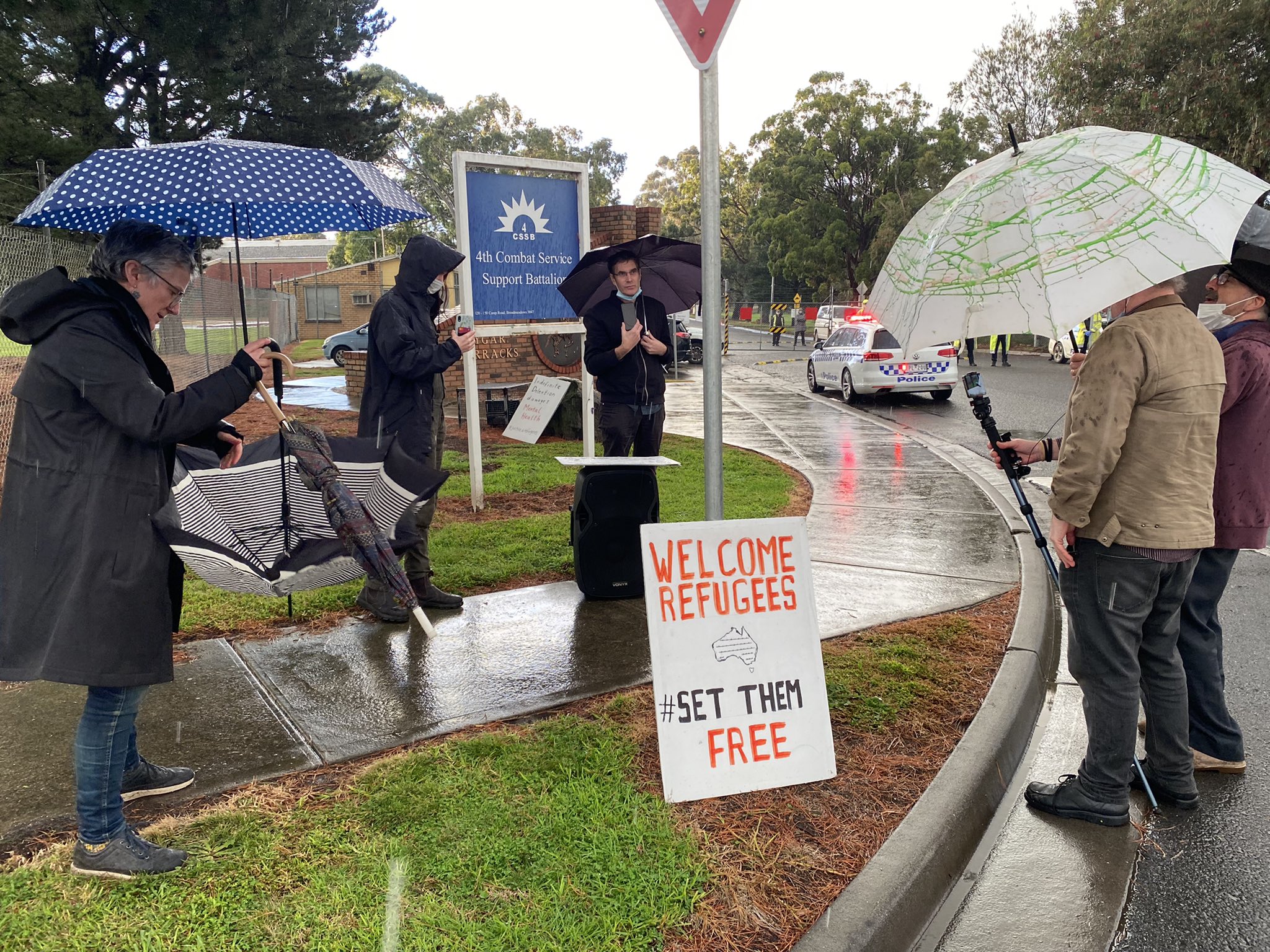
Going on nine years
Breen points out that 19 July marks the eighth anniversary since then PM Kevin Rudd announced asylum seekers arriving by boat would no longer be settled in Australia. While just months later, in September 2013, then immigration minister Scott Morrison launched Operation Sovereign Borders.
“It is going to take more protests to free the refugees. There are going to be ongoing protests at least until the next election,” Breen made clear.
“The hunger strike could go on for weeks. It could end abruptly. People are in very difficult circumstances. I just hope that none of them have their health seriously damaged.”



